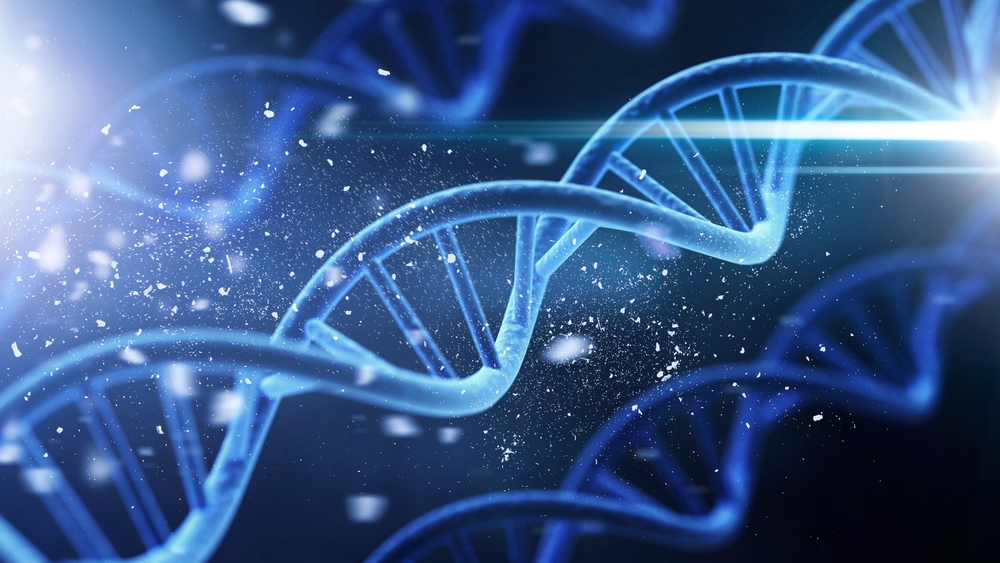Decoding Nutrigenomics: Personalizing Nutrition Through Genetic Insights
Are you ready to unlock the secret to optimal health hidden within your DNA? Imagine a world where your diet is perfectly tailored to your genetic makeup, maximizing your well-being and minimizing health risks. Welcome to the fascinating realm of nutrigenomics, where cutting-edge science meets personalized nutrition.

The Genesis of Nutrigenomics
Nutrigenomics emerged at the intersection of nutritional science and genetics, born from the realization that our genetic makeup significantly influences how we process and respond to different nutrients. This field gained momentum in the early 2000s, following the completion of the Human Genome Project, which provided scientists with unprecedented insights into human genetic variation.
The foundational principle of nutrigenomics is that the food we consume can influence gene expression, potentially altering our susceptibility to various health conditions. Conversely, our genetic makeup can affect how we metabolize and benefit from different nutrients. This two-way interaction forms the basis of personalized nutrition strategies.
Unraveling the Gene-Diet Connection
At its core, nutrigenomics explores how specific genes affect our nutritional needs and how different foods can impact gene expression. For instance, certain genetic variations may influence an individual’s ability to metabolize caffeine, lactose, or gluten. By identifying these genetic markers, nutrigenomics can guide dietary choices that optimize health outcomes.
Research in this field has revealed fascinating connections. For example, studies have shown that individuals with specific variations in the MTHFR gene may have difficulty processing folate, a crucial B-vitamin. For these individuals, a diet rich in folate or supplementation might be particularly beneficial.
The Promise of Personalized Nutrition
Nutrigenomics holds the potential to revolutionize preventive healthcare by offering tailored dietary recommendations based on genetic profiles. This personalized approach could lead to more effective strategies for managing weight, reducing the risk of chronic diseases, and enhancing overall well-being.
For instance, individuals genetically predisposed to high cholesterol might benefit from a diet low in saturated fats and rich in omega-3 fatty acids. Similarly, those with a genetic tendency towards inflammation might find relief through an anti-inflammatory diet customized to their genetic profile.
Challenges and Ethical Considerations
While the potential of nutrigenomics is immense, it’s not without challenges. The field is still in its infancy, and much research is needed to fully understand the complex interactions between genes and nutrition. Moreover, genetic testing raises ethical concerns regarding privacy and the potential for genetic discrimination.
There’s also the risk of oversimplification. While genetic insights are valuable, they’re just one piece of the puzzle. Lifestyle factors, environmental influences, and individual preferences all play crucial roles in determining optimal dietary choices.
The Future of Nutrition: From One-Size-Fits-All to Precision Health
As nutrigenomics continues to evolve, we’re moving away from generalized dietary guidelines towards a more nuanced, individualized approach to nutrition. This shift promises to enhance the effectiveness of dietary interventions and empower individuals to make informed choices based on their unique genetic blueprint.
The future may see nutrigenomics integrated into routine healthcare, with genetic testing informing dietary recommendations from an early age. We might also see the development of genetically tailored meal plans and supplements, offering unprecedented levels of nutritional precision.
Fascinating Facts About Nutrigenomics
-
Did you know that your genes can influence your taste preferences? Genetic variations can affect how we perceive bitter tastes, potentially impacting our food choices.
-
Certain genes can affect how efficiently your body converts beta-carotene into vitamin A, influencing your need for this crucial nutrient.
-
Nutrigenomics research has identified genes that affect caffeine metabolism, explaining why some people are more sensitive to coffee than others.
-
Your genetic makeup can influence your body’s response to different types of exercise, potentially guiding more effective fitness routines.
-
Some individuals have a genetic variation that allows them to digest milk into adulthood, while others become lactose intolerant – a classic example of gene-diet interaction.
As we venture further into the era of personalized medicine, nutrigenomics stands at the forefront, offering a glimpse into a future where our diets are as unique as our DNA. By harnessing the power of genetic insights, we can unlock new levels of health and well-being, tailored precisely to our individual needs. The journey of nutrigenomics is just beginning, promising exciting discoveries and transformative health strategies in the years to come.






